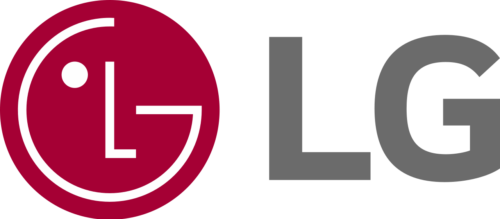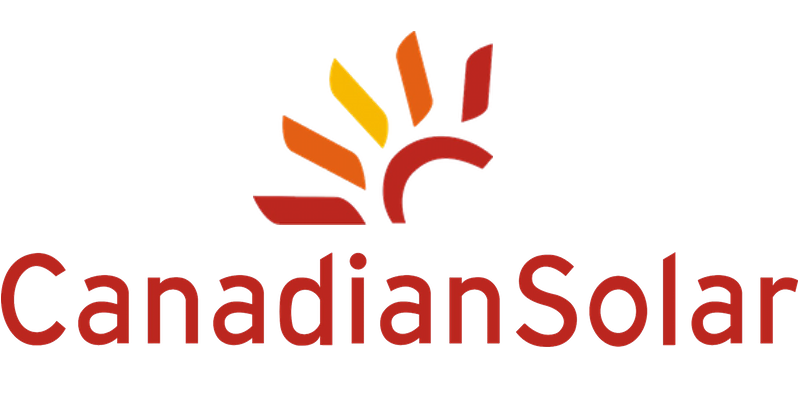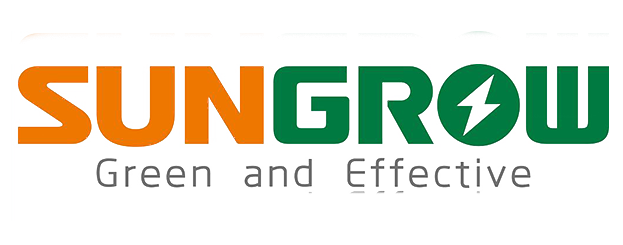
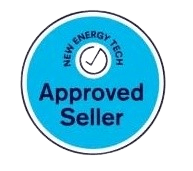
solar panel installation
Helping Aussies go solar and slash their electricity bills for over 10 years.
Call Us Today
Mon-Fri: 9 AM - 6 PM; Sat: 11 AM - 6 PM
REQUEST A FREE SOLAR panel installation QUOTE

solar panel installation
Helping Aussies go solar and slash their electricity bills for over 10 years.
Call Us Today
Mon-Fri: 9 AM - 6 PM; Sat: 11 AM - 6 PM
REQUEST A FREE SOLAR panel installation QUOTE
Find out why we're the Solar Panel Installers More Aussies Trust
Quality Solar Panels
Have your choice of Tier 1 brands for your solar panel installation. All our solar panels meet stringent Australian standards, so you can rest assured they'll withstand tough Aussie conditions - something you don't get with inferior solar companies looking for a fast sale.
Australian Warranty
Go Green Home provides peace of mind with our 25 year panel warranty and 10 year inverter warranty. We also provide our customers a substantial 10 year warranty on our workmanship.
Australia-Wide Network
Go Green Home provides solar panel installations across the country. From Sydney, Melbourne, Brisbane, Perth, Darwin, Adelaide to Canberra, our trusted network of solar panel installers have go you covered.

MOST POPULAR SOLAR PACKAGES
Family Home
Suitable for 4 - 6 People
SMALL BUSINESS
Suitable for 6 - 10 People
MULTI-USE
Suitable for residential & commercial
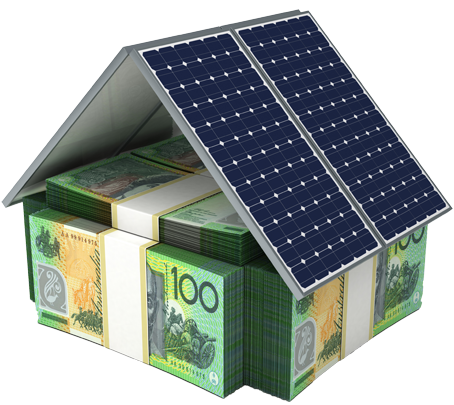
Solar Panel Installation Australian Homeowners & Businesses love for Quality at Competitive Prices
When you call Go Green Home you'll be pleasantly surprised by our knowledgeable and friendly solar experts (not pushy sales people) and our competitive prices on the best quality solar panels Sydney has to offer.
what our customers say about us
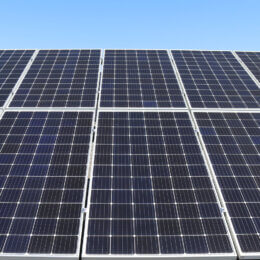
Go Green Home Solar Review: Very smooth and easy process. Paul was very patient and answered all our questions with the professionalism of over 15 years of experience. His installers were friendly, helpful and had strong attention to detail. We will be recommending Paul and Go Green to all our family and friends.
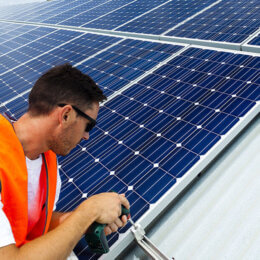
Go Green Home Solar Review: I’m so grateful I found Go Green Home Solar! Initially, I was working with a different solar company that was almost ready to install a battery system for me—at a wildly high price. But something didn’t sit right, so I searched online for a second opinion and found Go Green…
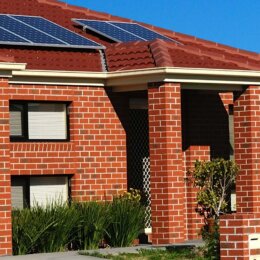
Go Green Home Solar Review: Fast response, reasonable price.
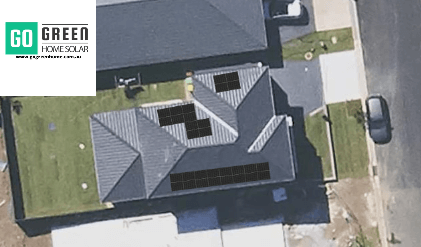
Go Green Solar Review: Paul has extensive experience in Solar, and he is a very honest and nice person who helped me in choosing the right Solar for my brand-new home at Oran park.5 stars to Paul, Tyania, and Go Green Home Solar Company.
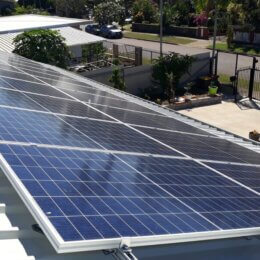
Go Green Solar Review:I had a great experience with Paul and the Go Green Home Solar team. Installation was quick, the price was affordable, and Paul addressed all my inquiries about panels and inverters. After a month, everything seems to be working fine, and I will recommend them to friends.
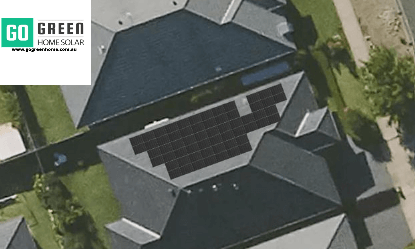
Go Green Solar Review:After years of postponement, I finally decided to install a solar system with Go Green Home Solar in September 2023. After researching well-known providers and comparing quotes, Go Green Home Solar stood out due to its flexible options, knowledgeable support, and commitment to handling all necessary upgrades. Here’s my experience.
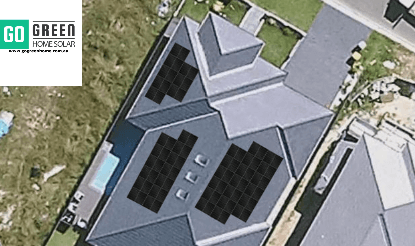
My experience with Go Green Home Solar was outstanding. Paul and his team provided exceptional service—Paul was thorough in explaining everything and was quick to respond to any questions. The installers were efficient and left everything spotless, even helping with app setup and system instructions. Tyana followed up by sending photos and managed all details…
Latest News
Exclusive Guide on Power Up with Sungrow: The Ultimate Hybrid Inverter Experience
Maximise Your Federal Rebate: Smart Tips for Adding a Home Battery
your questions about solar Systems answered
For starters, your level of power usage and the size of your system will affect the amount of electricity generated. However, regardless of the system size, there will be times where there is little or no sunshine around and where your solar system may not generate enough electricity to meet your energy demands. Not to worry though! In these cases your system will automatically connect to the grid and allow you to carry on without disruption.
A solar energy system’s output is determined by the following factors:
Orientation of the Panels
Firstly, panels facing due east or due west will produce approximately 15% less energy than one facing due north as they catch less of the sun’s rays.
Roof Pitch
Secondly, a 30 degree pitch is preferable to maximise sun exposure. Basically, each 5 degree departure from this idea tilt results in a loss of around 1% output.
Weather
Thirdly, the output is dependant upon the number of clear or overcast days in your location. Lucky for Sydney-siders who want to get solar installed, Australian cities are among the most solar-friendly on the planet.
Capacity of the System
Lastly, the larger the system, the more energy is generated.
Shady Properties
Solar systems hate shade – even low levels between 9 a.m. and 3 p.m. can have a big influence on production. Shading outside of these hours is ok in some instances, however, it is better if we do a shade analysis if you have any worries.
The size of the system, the orientation of your roof, the types of appliances and levels of use all have an effect on the amount of power required. Our skilled Sydney solar installers can design and install a system that is customised to your specific requirements, ensuring that you get the most out of your system.
The solar inverter in your system converts the direct current (DC) generated by the solar system panels to 240V alternating current (AC). After being converted to alternating current, it is reintroduced into your home or the power system. The credits you get from your energy usage are determined by your state’s FIT (Feed in Tariff).
No matter the size of the system or whether it’s for a house or a business, the typical grid-connected solar system has the following basic components :
1. Solar Panels
photvoltaic panels convert sunlight to direct current power (DC power) and then supply it to the inverter.
2. Solar Inverter
The inverter converts the direct current power generated by solar panels to alternating current power, which is the form or electricity that your appliances run on. Additionally, the inverter keeps track of the power generated and, on some models, may interface with your computer.
3. Bi-directional Meter
Your meter keeps track of energy drawn from and returned to the grid.
4. The mounting system
This is what secures the system to the roof.
The best location for your solar panels is on a north or north/west facing roof, but if this is not possible, we may also put them on your shed, verandah, pergola, or other residential area.
Tilt mounting systems may be fitted to tilt your solar panels sufficiently to get the most amount of energy from the sun.
Australia is famed for its sunny environment, yet we do not always make the greatest use of our abundant sunshine. Sunlight is a naturally occurring source of clean energy, and once the initial expenditure for the solar system is made, all of the power collected is entirely free. Your solar panels Sydney installation has a lifespan of over 25 years, which means that it will save you money on your home operating bills throughout this time period.
With an Australia-wide network, Go Green Home Solar have got you covered for solar installation from Sydney to the Sunshine Coast, Perth to Penrith and everywhere in between.
Give us a call today to discuss your solar needs.
Many people plan to get their feet wet with a smaller solar system, such as a 3kw system, and to upgrade with more solar panels at some point down the road. For many this is a great way to invest and start receiving the benefits of solar now on a particular budget, whilst keeping their options open to upgrade when it financially suits them.
Here are a few things to bear in mind if you are considering future upgrades to your solar system.
Inverter Size
The size of inverter you initially select is crucial. Purchasing more panels in the future won’t work if your inverter doesn’t have the capacity to handle it. Which leads us to the next point.
Reputable brands and components
Quality matters. If you purchase a system package that includes a larger inverter with the intention of upgrading later, it is important to ensure that the company that created the panels will still be in business — and producing the same panels. It can be challenging to mix and match solar panels if you’ve purchased cheap, no-name or fly-by-night manufacturers’ products. So, investing in high-quality, well-known components is a smart investment, especially if you want to modify your system in the future.
Longevity of Panels
Even if the same components are still available when you want to upgrade, many people find that if the panels are of poor quality, the original solar modules may deteriorate faster than a high-quality panel over time. Due to the fact that a single deteriorated solar panel may have a knock on effect on the performance of the whole system, your upgraded system may not operate at the peak efficiency you expected.
Yes. Our solar panels and inverters are supplied from the most recognised manufacturers in the world, so all of our panels come with a 25-year warranty. In addition, our inverters come with a 10 year warranty and we back that with our 10 year workmanship warranty for total peace of mind.
The size of your solar energy system is determined by the amount of accessible unshaded space for panel installation, the amount of money you are willing to invest, and the percentage of your electricity usage you desire to generate. To assist you in determining the optimal system size to meet your home’s power consumption, please contact one of our solar specialists on 1300 539 844, info@gogreenhome.com.au, or enquire online.
A normal Australian home consumes around 18-24 kilowatt hours (kWh) per day, so to give you a rough idea, a 1-3kW system may save you between 25% and 40% on your usual power cost. Of course, as can be expected, solar panels provide more power in summer than in winter.
After installing your solar system, you will normally require a new meter. If you have an accumulation meter, which is an older design (with spinning disc), it must be replaced with an interval meter or smart meter. This is because an accumulation meter does not keep track of power sent to or imported from the grid. A half-hourly reading of the power you spend and the extra power you create is provided by an interval meter or a smart meter. The replacement meters are supplied, at an extra cost, by your power distribution company.
After installing your solar energy system and qualifying for your state’s Feed in Tariff, you must engage into a contract with your power supplier to access your state’s Feed in Tariff. This also includes the installation of a smart meter, if one has not been placed previously.
For many individuals, shopping for a solar system and selecting a solar panel installation company may be an exciting moment. However, like with any investment, you must exercise caution in who you deal with.
Do Your Research When It Comes To Solar Panel Installation
As with every industry, the solar energy business has its share of unethical actors that are unconcerned with the technology, its environmental advantages, or your requirements. They are only interested in getting your money. And they will be brutal in their pursuit. Essentially, the old adage “if a bargain seems too good to be true, it probably is” holds true when it comes to acquiring a solar energy system in Sydney.
Solar Experts vs Sales Sharks
Be cautious of quick-talking salespeople. As with purchasing a new vehicle, be sceptical of a salesperson’s excitement. In some cases, this may simply be real enthusiasm. However, in other cases, the salesperson will be unable to explain what they are selling. Rather than that, they may be relying on hype to get you to sign on the dotted line and pump up their commissions!
If a question is not satisfactorily answered or they divert rather than give you a clear answer, pursue a satisfactory response. In certain instances, it may be wiser to walk away and locate a solar company that will answer your queries fully and correctly the first time.
On bright days, your solar system will create the maximum amount of power possible, but on overcast days the panels will create less power. You can expect the panels to capture around half the amount of energy that they would on a bright day. If the electricity generated on a cloudy day is insufficient to meet your household’s needs, the system will draw energy straight from the grid.
Solar energy is generated only by the capture of sunlight. As a result, no solar panel system can generate solar electricity at night. As such, homes normally rely on the grid for power during the night. Systems with added batteries, such as hybrid systems, may rely upon stored power in their batteries during the evening. During the day, however, the any excess energy that is gathered is transmitted back into the grid and helps offset your energy bill.



